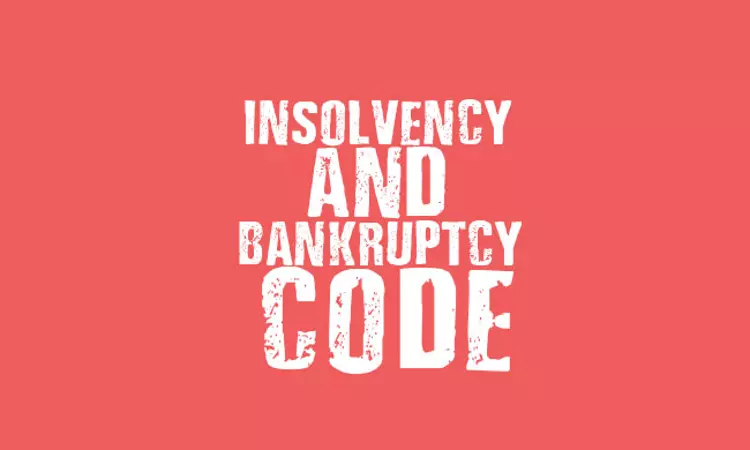Next Story
9 Oct 2019 4:27 PM IST
Insolvency and Bankruptcy Code was enacted in 2016. Though it received the assent of the President of India in May 2016, it came into force only in November-December 2016. Stated objective of the code is to consolidate and amend the laws relating to reorganization and insolvency resolution of corporate persons, partnership firms and individuals in a time bound manner for maximization of value...

